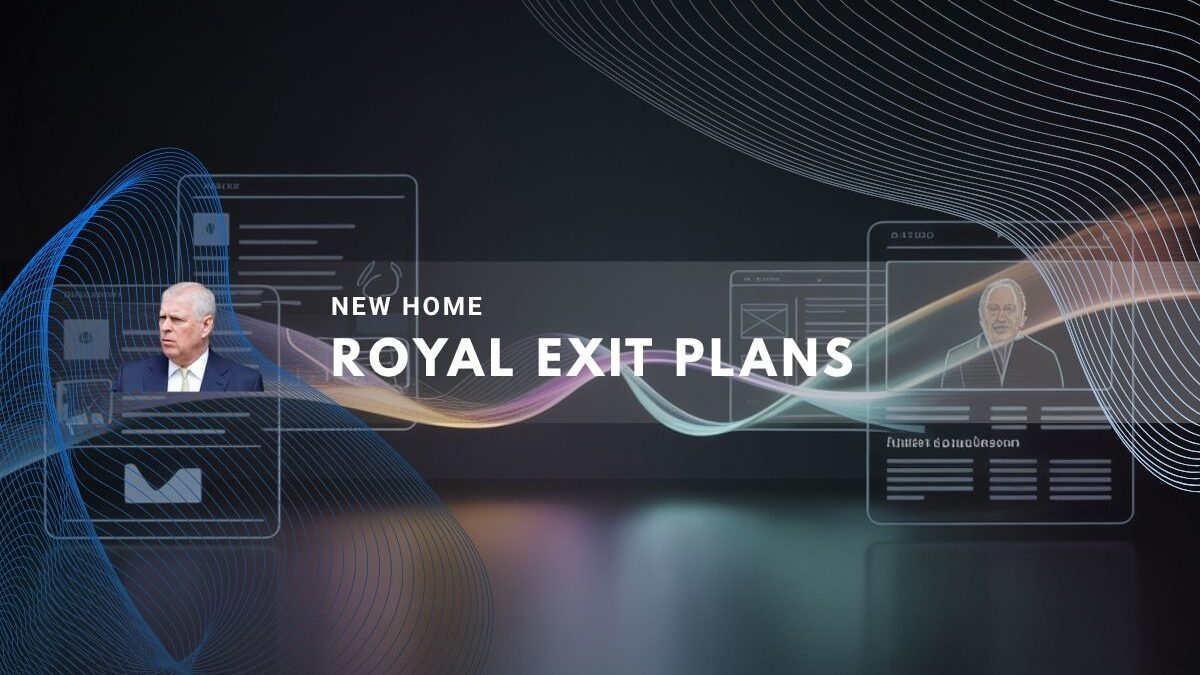Andrew Mountbatten Windsor, formerly Prince Andrew, is set to move from Royal Lodge in Windsor to a private residence on the Sandringham estate in Norfolk, following King Charles III’s decision to revoke his royal titles and privileges. The official notice to surrender his 75-year lease at Royal Lodge has been served, marking a formal step in this transition. The relocation is anticipated to happen early in the new year, after the Royal Family’s traditional Christmas gathering at Sandringham. His ex-wife, Sarah Ferguson, who had been living with him at Royal Lodge, will make separate accommodation arrangements.[1][2][5]
Sandringham Estate Overview and Possible Residences
The Sandringham estate covers roughly 20,000 acres of private land including farmland, woodland, and around 150 properties. It has been a royal country retreat since 1862, owned privately by the monarch and not part of the Crown Estate. The estate holds significant historical importance for the royal family and serves as the traditional site for their Christmas celebrations.[2][6]
While Buckingham Palace has not publicly disclosed Andrew’s exact new residence, likely candidates include:
- York Cottage: A five-bedroom historic residence near Sandringham House, with past royal residents and estate facilities like stables and kennels. The cottage had been used as staff accommodation and offices.[6]
- Gardens House: An Edwardian property previously the home of the estate gardener, currently a holiday let, offering suitable living space.[6]
- The Folly: Another holiday rental on the estate considered a possibility.[6]
- Park House: Birthplace of Princess Diana, currently empty and in need of refurbishment, making it a less certain choice.[6]
Wood Farm, Prince Philip’s former retirement home on the estate, has been excluded as a potential residence for Andrew according to reports.[2]
Financial and Lease Details
Andrew’s lease on Royal Lodge, granted at a nominal peppercorn rent, has been formally surrendered after negotiations. This lease, which began in 2003, afforded legal protection to his residence on the estate but did not prevent the King from initiating formal eviction procedures. The move to Sandringham will be privately funded by King Charles III. This financial arrangement reflects Andrew’s removal from official royal duties and cessation of public funding. Andrew has reportedly explored private business ventures for income in recent years.[4][5][2]
Living Arrangements and Titles
Sarah Ferguson will not accompany Andrew to Sandringham and is expected to secure her own home independently. Their daughters, Princess Beatrice and Princess Eugenie, retain their royal titles and continue their public royal functions.[5][10]
The transition physically and symbolically distances Andrew from the Windsor estate and the core royal family public sphere centered near London. The relocation underscores King Charles’s intent to clearly separate Andrew’s role and minimize his public presence at key family events.[11][1]
Timing and Public Considerations
The move is delayed until after Christmas to respect traditional family gatherings and avoid public disruption during this period. Observers note the strategic nature of the timing and location choice, signaling royal family sensitivity to ongoing scandals and public perception.[4][2]
Areas for Further Confirmation and Transparency
- Exact Residence: The specific property Andrew will occupy remains officially undisclosed. Readers should note that current reports rely on speculation and unofficial sources.[2][6]
- Financial Implications: Full details about lease surrender terms, compensation, or refurbishment costs at Royal Lodge or Sandringham are not public. Additional clarity on these aspects would enhance transparency.[12]
- Andrew’s Post-Move Role and Income: While some financial support is understood to continue privately, the extent and sources of Andrew’s post-title income lack full public disclosure.[4]
- Impact on Royal Family Dynamics: The full effects of Andrew’s relocation on future family events and public engagements remain uncertain and may evolve.
